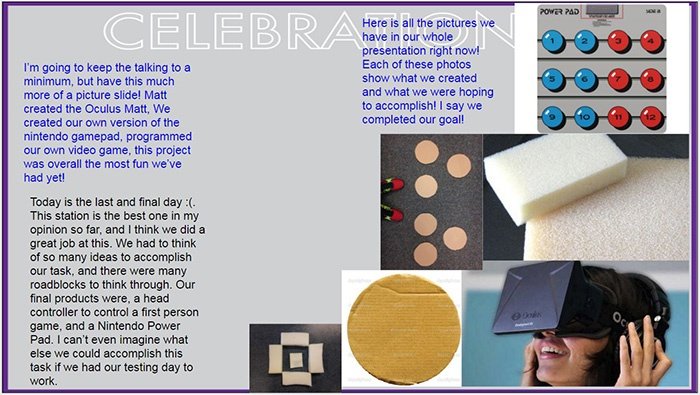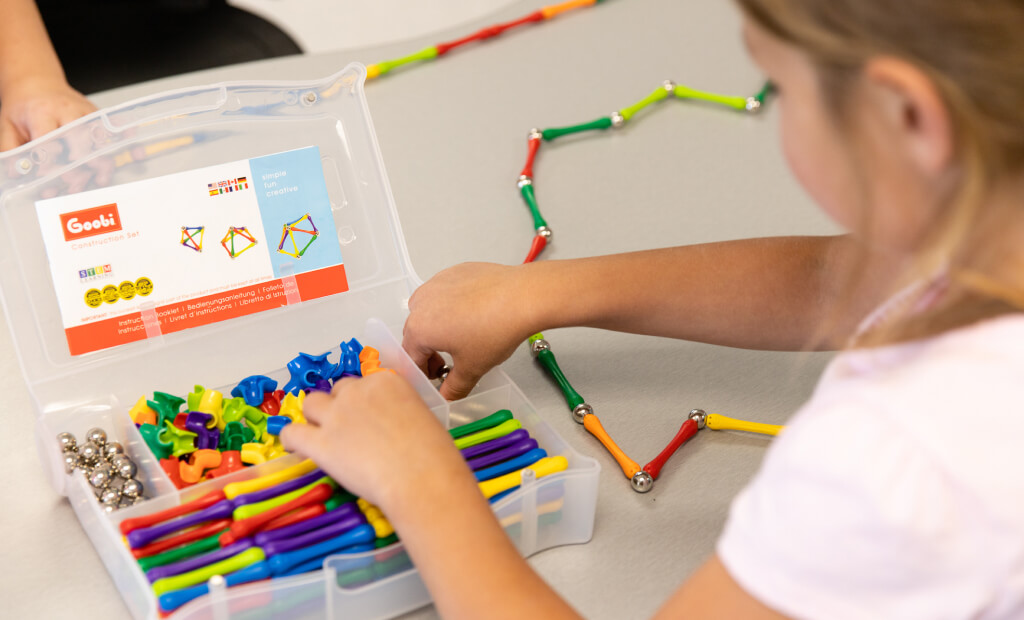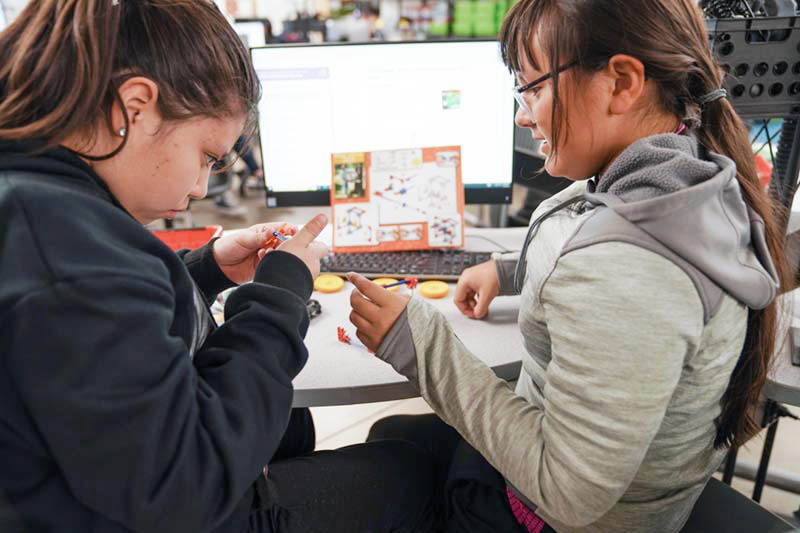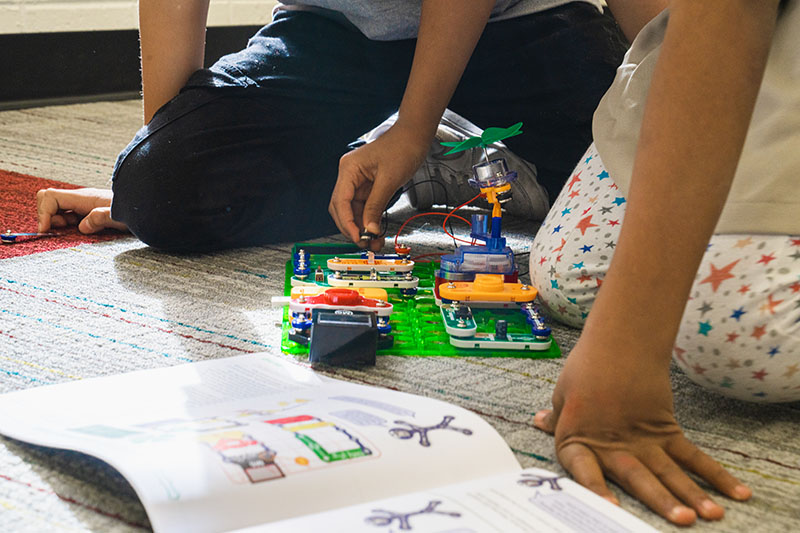Authentic Assessment of STEM Learning
One of the most important advantages of personalized, project-based learning is the opportunity for authentic assessment: meaningful measurement of learning outcomes and learning process.
But what does authentic assessment really look like?
Here’s one example* from two students in the STEM program at Rocky Heights Middle School in Highlands Ranch, CO.
Interesting things that the students:
- Chose a project that was relevant to their personal interests and real-world experiences
- Selected a challenge level appropriate to their abilities and knowledge
With SmartLab Learning, we believe that personalizing the project is a critical step toward authentic assessment; learners are engaged and have a personal context with which to describe their learning.
With that foundation, the learners actively journaled their learning each day. Their project presentation describes their collaborative process and includes challenges they encountered and how they were solved. The two discuss time management challenges—including constraints imposed by the school’s standardized testing schedule. They reflect and self-assess using a rubric specifically designed for personalized, project-based work.
Most important, they candidly and enthusiastically share their setbacks and celebrate their achievements. This rich documentation of learning outcomes is generally not possible with traditional assessment systems.
Personalized learning and authentic assessment form the very foundation of SmartLab Learning. It’s important to note that this project presentation is the norm for students who engage with SmartLab Learning.
*Project presentation is unedited with names removed per district privacy policies.





